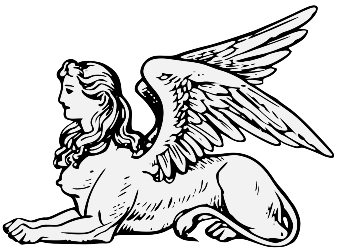- This article is about the son of Horus. For other uses, see Hapi (son of Horus).
Hapi is the Ancient Egyptian god of the Nile river along with Sobek. He also represents the bountiful harvest the Nile provides. He was depicted with blue or green skin and with a potbelly.
Hapi (Hep, Hap, Hapy) was a water and fertility god who was popular throughout Ancient Egypt. It is thought that his name was originally the predynastic name for the Nile. however, by the Dynastic period the Nile was known as "iterw" ("the river") and the word was used to refer to the god of the Nile (the name "Nile" derives from the Greek word "Neilos" which was a corruption of the Egyptian word "nwy", meaning "water"). He was worshiped throughout Egypt, but was particularly popular around Aswan and Gebel El-Silisila.
Hapi was the patron of Upper and Lower Egypt. In this capacity he was described as twin deities named Hap-Reset (Upper Egypt) and Hap-Meht (Lower Egypt). Therse deities were depicted either pouring water from a jug (representing the innundation) or tying together the heraldic plants of Upper and Lower Egypt (the papyrus and the lotus respectively) in a knot which resembled the hieroglyphic word "sema" ("joined"). This role, together with his connection with the Nile and the innundation, made him one of the most popular and powerful deities of Ancient Egypt and yet no temple has been discovered which was specifically dedicated to him.
| Gods and goddesses of Egyptian mythology | |
|---|---|
| Gods | Ahy • Amun • Anedjti • Anhur • Anubis • Ash • Aten • Atum • Banebdjedet • Duamutef • Geb • Hapi • Hapi • Heka • Herishef • Horakhty • Horus • Imseti • Khepri • Khnum • Khonsu • Maahes • Montu • Nefertem • Nehebkau • Nemty • Nun • Osiris • Ptah • Qebehsenuef • Ra • Rem • Serapis • Set • Shu • Sobek • Sokar • Thoth • Wepawet |
| Goddesses | Amentet • Anat • Ankhet • Bastet • Buto • Ernutet • Hathor • Hatmehit • Isis • Ma'at • Menhit • Meretseger • Meskhenet • Mut • Neith • Nekhbet • Nephthys • Nut • Satet • Sekhmet • Serket • Seshat • Sopdet • Tawaret • Tefnut • Wosret |
